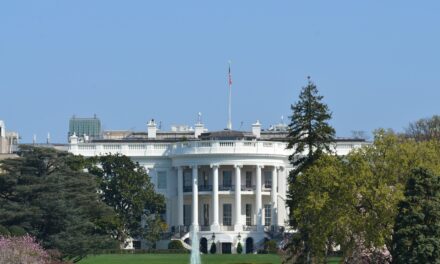Climate change is, apparently, moving at a much faster clip than many governments, organizations, and economists expected – and this has made many go back to the drawing board in search of immediately deployable and sustainable solutions to mitigate its worst effects.
One voice among the many clamoring for solutions is Rutgers University climate scientist Rober Kopp who believes that the focus on fuel prices has gone on way too long and that governments should have paid more attention to direct investments into sustainable or green power initiatives.
As he puts it, economists essentially idealized and oversimplified the issue of climate change in the context of reducing emissions. Indeed, current initiatives such as the climate change measures delineated in the recently-passed Inflation Reduction Act remain slaps on the wrist as opposed to hardline penalization of heavy industry and other entities with a significant carbon footprint.
For example, the State of California and countries like Denmark have already imposed significant carbon taxes and emissions trading systems within their jurisdiction. However, in the context of a federal mandate on carbon neutrality through reduced use, virtually all initiatives to set a cap on carbon emissions and allow companies to trade allotments have failed.
Measures Not Enough
For her part, Dr. Heather Boushey, who heads the climate issues committee of the White House Council of Economic Advisers, believes that experts are learning – albeit a bit too late – that simply manipulating the prices of petroleum products and other power options is not enough in light of the recent impact climate change has wrought in many parts of the world.
In recent weeks, rivers have evaporated in several nations due to severe drought. At the same time, rampaging floods recently surged through a third of Pakistan – all of which have had harsh economic repercussions.
According to Boushey, economics is, for the most part, driven by marginal changes. However, when you consider climate change, this is not a sensible course of action due to numerous systemic risks. Indeed, she feels that climate change is leading to a paradigm shift in how national economies are supposed to work.
The Need for More Meaningful Solutions
In recent years, researchers found that carbon taxes have not been significantly efficient when it comes to pushing for the eventual transition to renewable energy. Indeed, energy economist Ryan Kellogg feels that keeping tabs on the price of carbon is like a pushback against investing in deep decarbonization, essentially a concession for big carbon-driven corporations.
Kellogg added that if the government is truly sincere when it comes to cleaning the power grid and driving its carbon use to zero, proper investment in clean energy initiatives is non-negotiable.















